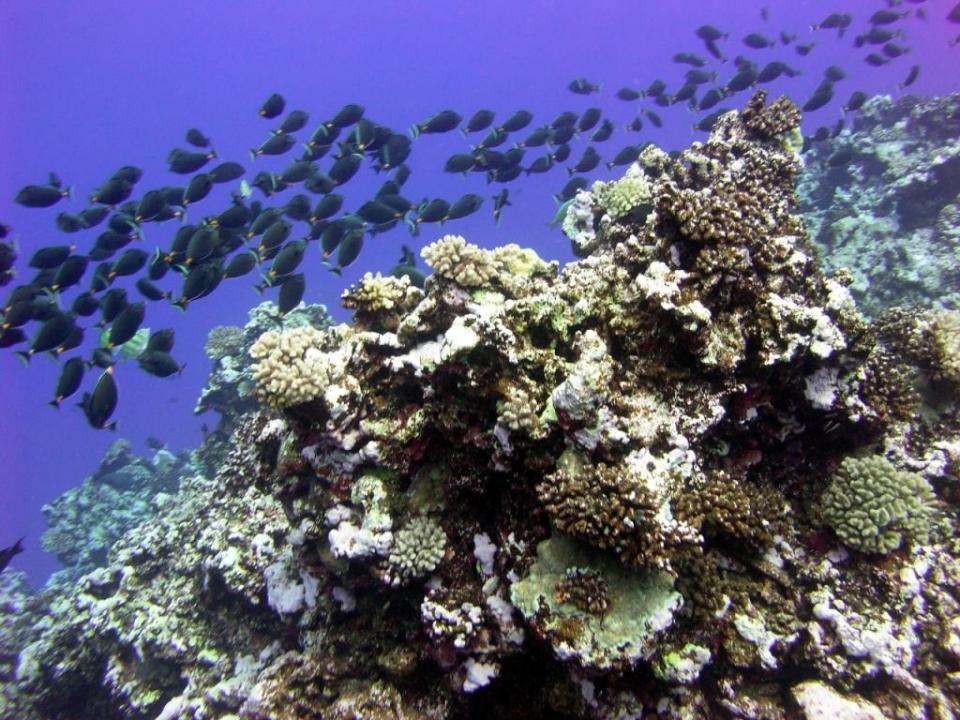CO2 will forever alter key ocean microbes
BONN: Like a chemistry experiment gone awry, global warming will irrevocably mutate a micro-organism that plays a crucial role in the ocean food chain, reports a study published Tuesday.
Rising atmospheric levels of carbon dioxide (CO2), a greenhouse gas, will eventually transform an entire group of these tiny creatures, called cyanobacteria, into turbo-charged nitrogen-processing machines, laboratory experiments showed.
"This would fundamentally change the nitrogen cycle of the ocean," explained lead author David Hutchins, a professor at the University of Southern California.
And even if CO2 concentrations were to return to present levels or even below, the organisms would not return to the way they were.
"Our study suggests that some microbes may adapt to future environmental changes... in ways that appear to be irreversible," Hutchins told AFP by email.
Phytoplankton -- at the bottom of the ocean food chain -- are miniscule free-floating plants that feed, among other things, on various forms of nitrogen.
The most abundant type of nitrogen -- in the air and water -- is N2, but it is also the most difficult to "digest", or fix.
One of the few species of cyanobacteria, which has been around for nearly two billion years, that excels at nitrogen-fixation is the globally abundant Trichodesmium.
In so doing, it frees up other sources of nitrogen for different phytoplankton.
The climate-driven evolution of cyanobacteria would boost populations of animal plankton which depend on them for their nitrogen-rich diet, Hutchins told AFP.
It may even help draw down the amount of heat-trapping CO2 in the atmosphere, which by the end of the century could well have doubled despite efforts in coming decades to slash emissions.
- Negative net effect -
But the overall effect of this change on the interconnected web of life and chemistry in the oceans is hard to predict, and would be even harder to manage, he said.
The availability of more nitrogen "could be viewed as a positive development for food production from the ocean," Hutchins said. "In all, though, the negatives probably outweigh the positives."
Any benefits for fighting climate change, for example, would be overwhelmed by the scale of the problem.
"Human emissions of CO2 to the atmosphere are so large -– perhaps 25 million tonnes a day -– that virtually nothing the natural world can do to mitigate this will be effective without cutting back on fossil-fuel emissions," he said.
"While these high CO2-adapted cyanobacteria will probably take up more CO2, it is doubtful whether we should rely on this to save the planet."
In the experiments, the scientists grew cultures of Trichodesmium for 850 generations over a period of four-and-a-half years under conditions mimicking high CO2 levels predicted for the end of the century.
The rates of nitrogen-fixing increased quickly and remained high throughout the experiment, persisting at the same rate even after the cultures were returned to present-day CO2 conditions.






